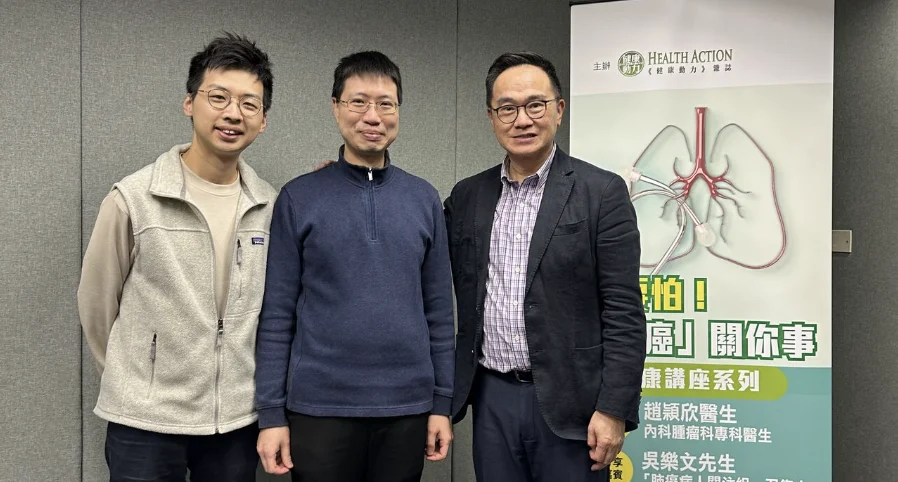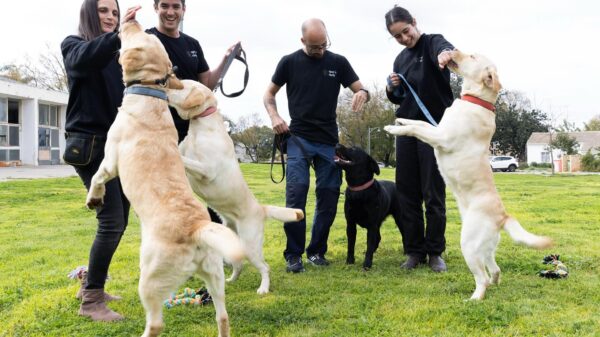A Hong Kong lung cancer survivor firmly believes that artificial intelligence is the key to alleviating suffering caused by the disease.
In a LinkedIn post last week, Norman Ng said he was “truly inspired” by a recent presentation about a local AI-assisted lung cancer screening program. Ng currently serves as the Director of Patient Advocacy and Public Affairs at the organization Healthcare Thinkers and Convenor for a Lung Cancer Patient Concern Group in Hong Kong.
He founded the latter non-profit to help address the urgent needs in his community.
The roundtable discussion he attended, titled “Leading Technology and Medical Integration,” highlighted the value of using artificial intelligence to examine low-dose CT scans in a study completed by the Chinese University of Hong Kong’s Faculty of Medicine. It was highly impactful for detecting the condition in a group of non-smokers that had a family history of the disease.
Several companies throughout the globe have been steadily adopting this means of screening for the respiratory ailment because of its admirable efficiency.
More importantly though, as pointed out by Ng, using AI can make lung cancer screening much more affordable. A single low-dose CT scan assessment in Hong Kong costs about C$350, but artificial intelligence has the power to nearly slice that number in half, he stated.
Furthermore, early screening can reduce long-term medical expenses immensely through catching the disease in its early stages and acting promptly.
“We urge the government, the medical field, and all sectors of society to come together in support of widespread AI-based screening,” he proclaimed.
Norman is also a volunteer with the Hong Kong Cancer Fund.
“Let more citizens benefit from the fruits of technological and medical integration, and work hand in hand toward the vision of ‘early detection and early treatment’ in lung cancer care,” Ng added.
Low-dose CT scan assessments are not the only screening technique that AI has proved its worth in assisting with. It has also proven its ability to enhance the efficacy and speed of breath analysis tools that examine the composition of volatile organic compounds to identify the disease.
One remarkable medical tech developer in the United States, Breath Diagnostics (BD), just talked about this timely topic and its relevance to the company’s OneBreath screening tool in a blog post.
“It [AI] turns our detailed chemical data into precise diagnostic signals—spotting patterns across dozens of compounds,” said BD communications and business specialist, Stefan Weigl. “It doesn’t just analyze. It learns, improves, and adapts over time.”
Like the U.S. and the vast majority of countries throughout the globe, lung cancer is the number one cancer killer in the Chinese Special Administrative Region of Hong Kong.
Read more: Breath Diagnostics leader speaks at lung cancer education event in Louisville
Read more: Breath Diagnostics takes aim at lung cancer with One Breath
Follow Rowan Dunne on LinkedIn
rowan@mugglehead.com














